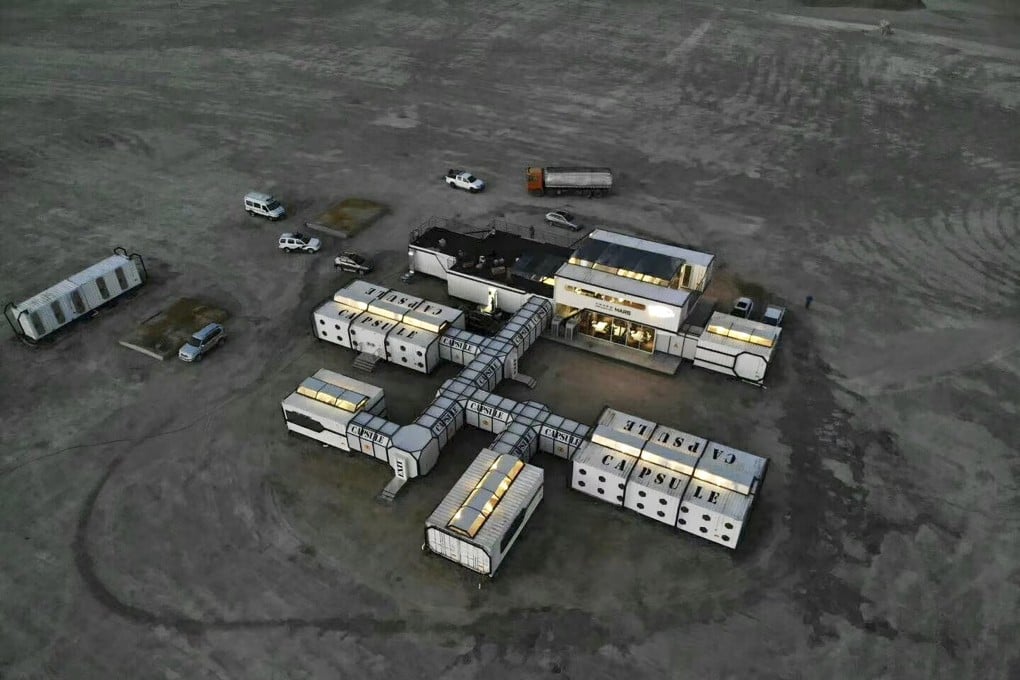China opens ‘Mars camp’ for researchers, tourists and plans to send rover to red planet
- Lunar exploration team is meanwhile preparing to share scientific data from the Jade Rabbit 2 spacecraft on the moon, chief designer of programme says
- Simulation base and tourist attraction launched in Qinghai on Friday

China is stepping up its space exploration programme with the opening of a Mars simulation camp and plans to send a rover to the red planet next year.
Beijing plans to send another spacecraft, the Chang’e 5, to the moon at the end of this year, as well as a Mars rover in 2020, said Wu Weiren, chief designer of China’s lunar exploration programme.
Wu was also positive about the continued progress of Jade Rabbit 2, the rover that is still on the moon, adding that China’s lunar programme had been “carried out very well”.
“For the past few days and nights, we have obtained a lot of scientific data which we have recently been preparing to share with the rest of the world,” said Wu on the opening day of the Chinese People’s Political Consultative Conference in Beijing on Sunday.